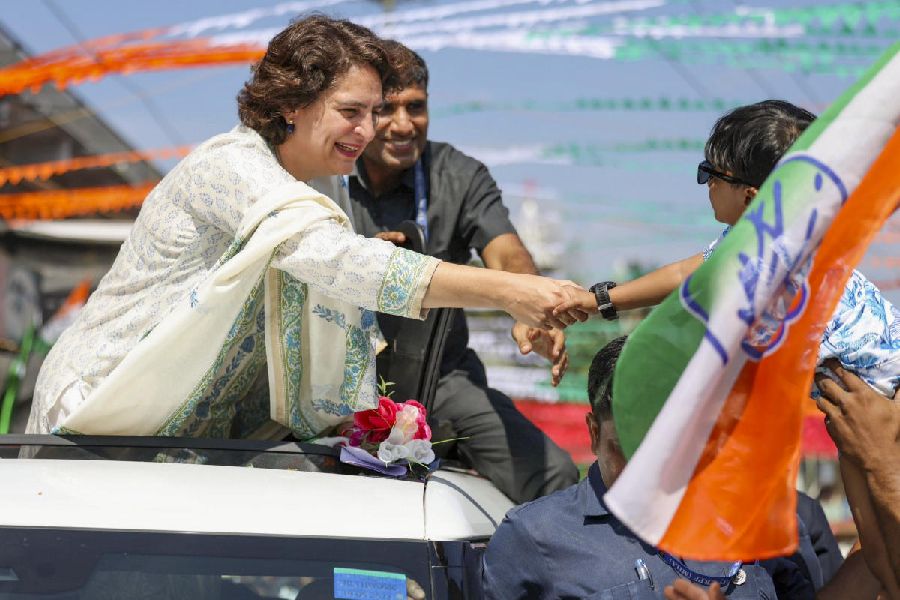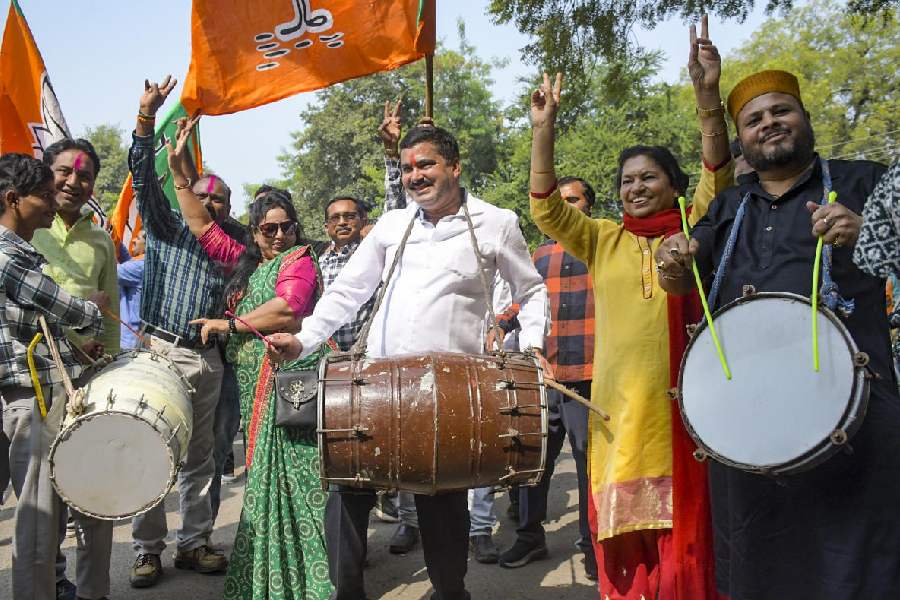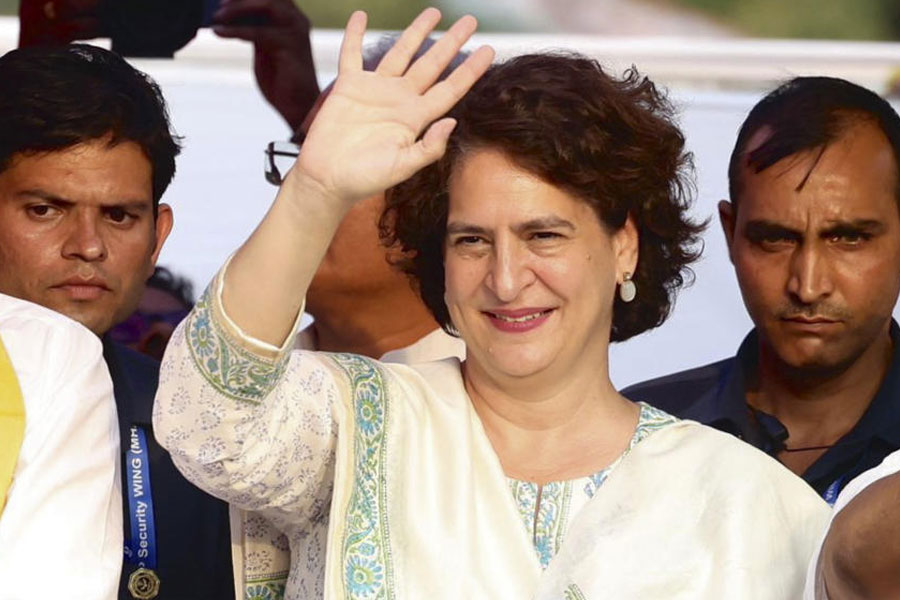Stakeholders of the Bengal tea industry have demanded monetary benefits from the Mamata Banerjee government, close on the heels of the BJP-run government in Assam announcing a slew of incentives for its tea belt.
The demand has come as a fresh poser for Mamata, particularly because Assembly elections will be held in the state in a few months, around the same time state elections are due in Assam as well.
On November 6, the finance (institutional finance) department of Assam came up with a notification, announcing the “Assam Tea Industries Special Incentives Scheme (ATISIS), 2020.”
Under the scheme, Assam will provide a 3 per cent interest subvention on working capital, 25 per cent one-time subsidy on purchase of plant and machinery meant for the production of orthodox and speciality teas, a production subsidy of Rs 7 per kilo against each kilogram of orthodox and speciality teas and a complete holiday on agricultural income tax from the last financial year to 2021-22 fiscal.
Sources in the tea industry said that of the total tea produced in Assam, around 89 per cent is CTC while the remaining 11 per cent happen to be orthodox and speciality teas.
“It has been found that the average price realisation of orthodox teas is higher than CTC tea. Also, the cost of manufacturing the orthodox teas is around 20 to 25 per cent higher than CTC tea. To encourage the industry so that more orthodox teas are produced, the scheme incentivises manufacturers,” said a planter who owns tea estates in Assam.
These decisions by the neighbouring Sarbananda Sonowal government have prompted tea planters’ associations of Bengal and those in the small tea sector in the state to raise similar demands.
So far, the Trinamul government has waived cess and agricultural income tax, raised the ceiling of land that can be used for tourism purposes in tea gardens and created a corpus of Rs 100 crore for the tea industry.
These are not being deemed sufficient by many stakeholders, especially in a year wracked by the pandemic and consequent lockdown.
“Other than these waivers, the tea industry (in Bengal) has not received any cash benefits in the form of subsidy and neither there has been any subvention on interest. It would largely help the industry if the state comes up with a similar incentive scheme like in Assam,” said Bijoygopal Chakraborty, who is the president of the Confederation of Indian Small Tea Growers’ Associations.
“In Bengal, the industry also gets a waiver of the agricultural income tax. But as far as other components are concerned it would be good if the Bengal government comes up with such assistance,” echoed Prabir Bhattacharjee, secretary general, Tea Association of India.
In Bengal, much like Assam, orthodox teas to the tune of 10 million kilograms are made only in Darjeeling hills, a fraction of the total production of over 300 million kilograms of tea.
Time and again, tea experts have underscored the need to augment the production of orthodox and organic teas, a move they feel can help in growth of the industry.
The pandemic-induced lockdown from March hit the tea industry in Bengal and Assam hard.
Tea gardens in both states lost their “first flush”, a major revenue spinner, that is usually harvested in March.











